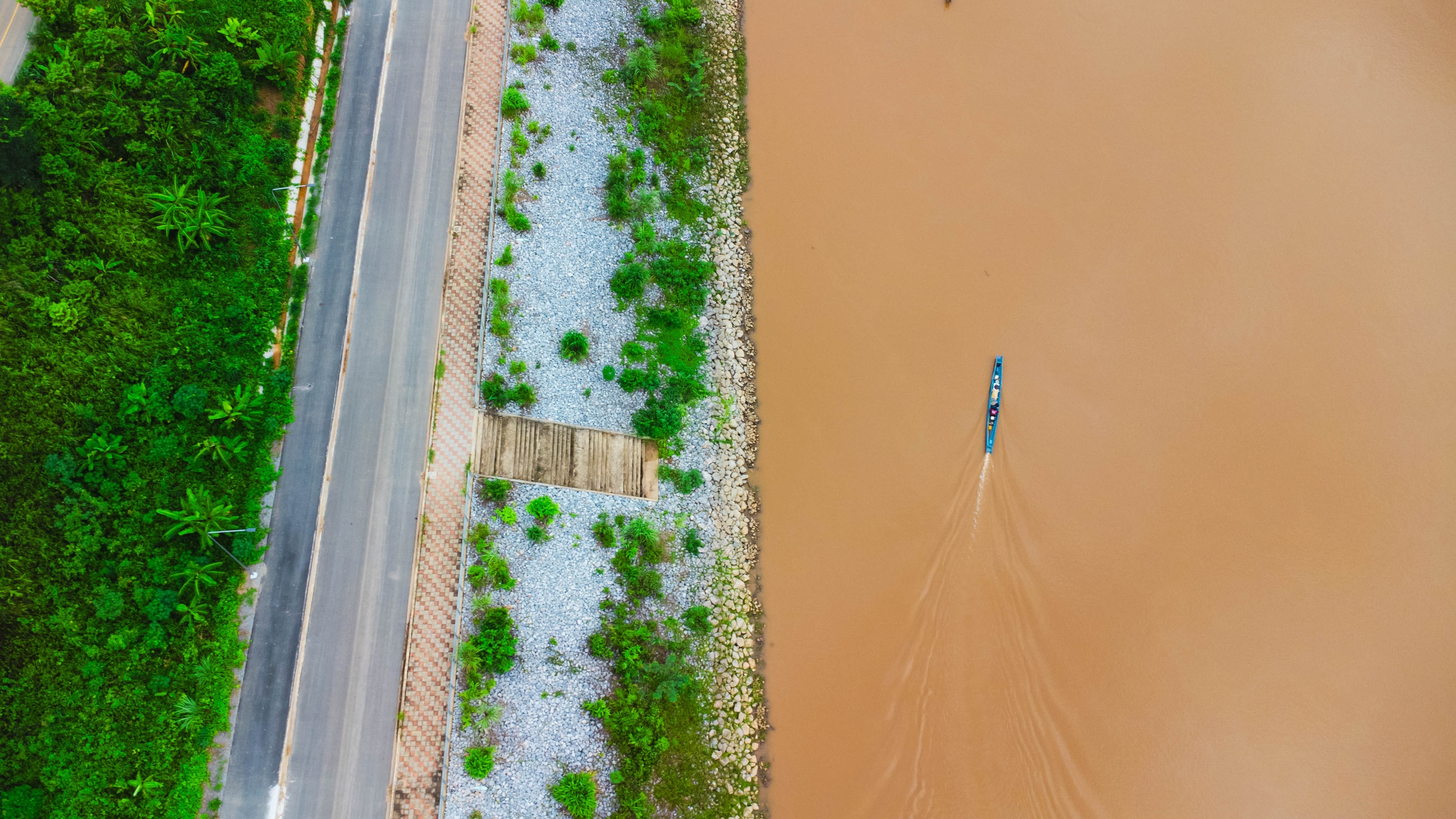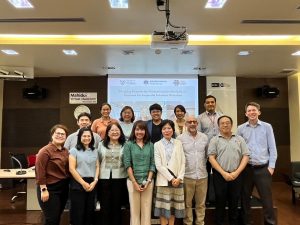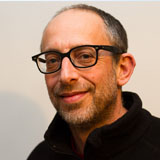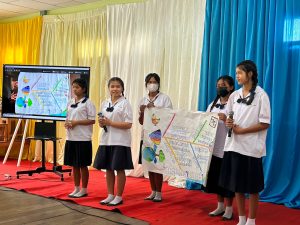
A WUN research team addressing technical and institutional challenges to monitoring water quality has supported citizen-led monitoring and facilitated stakeholder dialogue.
The team[1] worked with schools and communities in Thailand’s Mae Klong river basin to determine sustainable ways to monitor water quality. The project also reviewed variables used in the government’s water quality monitoring system, analysed trends in water quality over twenty years, and mapped institutional responsibilities for water quality.

The WUN project has catalysed funding from The Institute for Global Environmental Strategies, and provided input to a further research project, funded by a Wellcome Trust grant of almost £1m; more details are below.
“In many countries, including the UK and Thailand, government agencies and utilities lack the technical capacity, personnel and budgets to monitor water quality regularly and to make meaningful information accessible to the public. As a result, it is difficult to identify causes of poor water quality or strengthen environmental compliance,” says Richard Friend, Associate Professor in Human Geography and Environment at the University of York and co-leader of the project.

The project investigated what water quality variables should be monitored, and facilitated debate among river basin stakeholders – policymakers, industry and academia – about how to improve water governance.
It showed how citizen engagement can enable agencies to collect better information about the quality of water, increase access to this information, and improve accountability (and stronger environmental enforcement).
“Monitoring and controlling water pollution in Thailand has not been effective because of limited awareness and understanding and complicated relationships between institutions,” says project co-leader Dr Jutamas Kaewsuk of Mahidol University.

“The river basin is an important source for many water supplies in Thailand, including Bangkok. We want to support local government and address these gaps. We learned we must build awareness and researched how to do it so people can push agencies to act.”
WUN researchers tested a tool for students to measure river pH levels and understand water quality variables. They developed a board game and outcomes-based learning education curriculum with teachers in Wang Sala school too.
Students ran water monitoring projects in their communities and reported back to project researchers. Researchers measured increases in students’ understanding of water quality and participation in water monitoring after using the game.

“The game became a dialogue tool between stakeholders and central to participatory brainstorming exercises with adults,” adds Kaewsuk. The team tested the game with children and adults, creating versions for guided and independent use by teachers and communities. They plan to make it freely available online and an association for sustainable development in the Asia Pacific region, CityNet, has asked to distribute it.
The team has secured funding from The Institute for Global Environmental Strategies to conduct further research downstream of the river basin.
Mahidol University’s and the University of York’s experiences working together contributed to the establishment of the Mahidol-York Living Research Excellence Centre, which will facilitate further collaboration on water quality and pollution. Additionally, a £1m, two-year project, Valuing Voices for Equitable and Responsible Research, funded by the Wellcome Trust, has drawn on the positive experience of this WUN research team’s collaboration.
“Equitable relationships, a positive research culture and real-world impacts were central to our WUN project,” says Friend. “The University of York and Mahidol University will work with international partners to co-produce a framework to address barriers to positive research culture and identify how to support fair and responsible research processes and outcomes.”
What next?
- Sign up to the WUN newsletter to get the latest stories about our members’ research, three times per year.
- Find out more about the project here.
[1] The WUN team involved researchers from Mahidol University, the University of York and Maastricht University.
Photos courtesy of Richard Friend and Jutamas Kaewsuk.